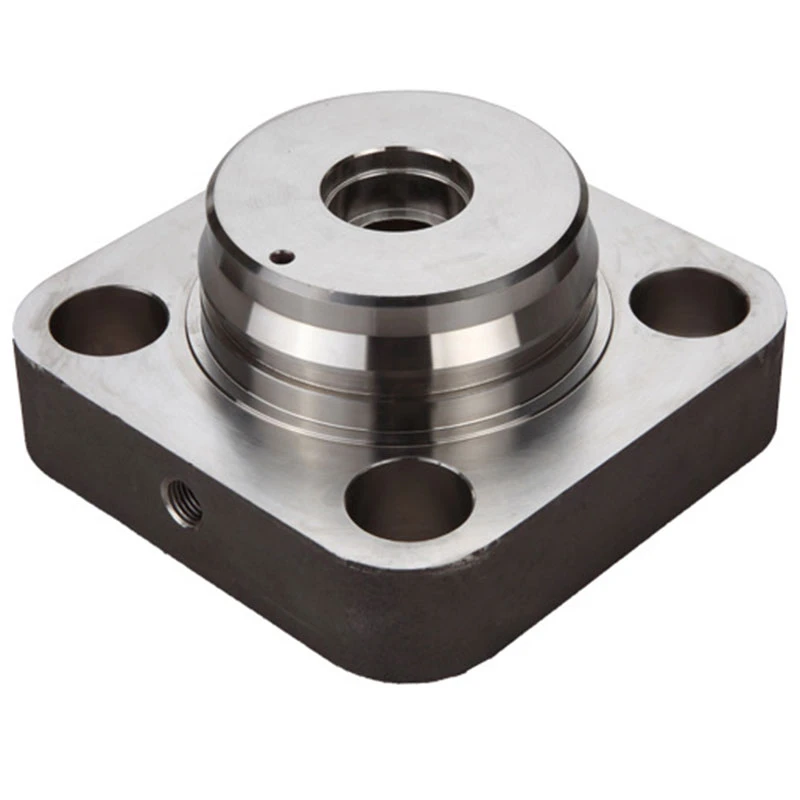Exploring Properties and Applications of Die Cast Aluminum Alloys in Modern Manufacturing
Die Cast Aluminum Alloys An Overview
Die casting is a highly efficient manufacturing process, widely employed in the production of complex shapes and components, primarily using non-ferrous metals. Among the various materials utilized in die casting, aluminum alloys are predominant due to their favorable properties such as lightweight, corrosion resistance, and good mechanical strength. This article will explore the classification, properties, applications, and advantages of die cast aluminum alloys.
Classification of Die Cast Aluminum Alloys
Die cast aluminum alloys are typically classified into two main categories aluminum-silicon (Al-Si) alloys and aluminum-copper (Al-Cu) alloys. The most commonly used alloy in die casting is the A380 alloy, which contains about 10% silicon, leading to ensuring good fluidity and strength. Other popular alloys include A356, A383, and A380. Each alloy has unique properties that suit different applications. For instance, A356 is often chosen for its excellent corrosion resistance and improved mechanical properties, which make it ideal for structural applications.
Properties of Die Cast Aluminum Alloys
The inherent properties of aluminum alloys make them exceptionally suitable for die casting. They exhibit low density, which translates to lighter end products. The aluminum-silicon alloys have a lower melting point compared to other metals, enabling quicker production cycles and reduced energy consumption during the die casting process.
In addition, die cast aluminum alloys have excellent thermal and electrical conductivity, which is advantageous for various applications such as heat exchangers and electrical housings. Their high corrosion resistance ensures longevity and reliability in environments exposed to moisture and other corrosive agents. Furthermore, these alloys can attain good surface finishes and can be easily anodized, enhancing their aesthetic appeal and wear resistance.
Applications of Die Cast Aluminum Alloys
The versatile properties of die cast aluminum alloys make them ideal for a wide range of applications across various industries. The automotive sector utilizes these alloys in producing engine components, transmission housings, and structural parts. Their lightweight nature contributes to fuel efficiency and lower emissions in vehicles.
die cast aluminum alloys

In the consumer electronics industry, die cast aluminum is commonly used for housings for laptops, smartphones, and various electronic devices. The effective heat dissipation properties of aluminum alloys are critical in maintaining optimal operating temperatures for electronic components.
Additionally, the aerospace and defense industries leverage die cast aluminum alloys for manufacturing lightweight yet strong components in aircraft and military vehicles, where saving weight is crucial for performance and efficiency.
Advantages of Die Cast Aluminum Alloys
The use of die cast aluminum alloys offers several advantages. Firstly, the die casting process allows for the production of intricate shapes with tight tolerances, reducing the need for secondary machining operations. This not only saves time but also reduces production costs.
Secondly, aluminum die cast parts exhibit excellent dimensional stability, ensuring consistency throughout production runs. This reliability is essential for industries that require precision-engineered components.
Lastly, recycling of die cast aluminum is a significant advantage, as aluminum can be melted down and reused without degrading its properties. This makes die cast aluminum alloys an environmentally friendly choice, aligning with the growing demand for sustainable manufacturing practices.
Conclusion
In conclusion, die cast aluminum alloys play a crucial role in modern manufacturing, with their unique properties making them indispensable in various industries. Their lightweight nature, good mechanical properties, and versatility in applications position aluminum alloys as a preferred material for die casting. As technology advances and the demand for sustainable practices grows, the utilization of die cast aluminum alloys is expected to increase, further establishing them as a cornerstone in manufacturing innovation.
-
Precision Sheet Metal Stamping Manufacturer | Fast & ReliableNewsAug.01,2025
-
OEM Sand Cast Pump Valve Fittings - Baoding Hairun Machinery And Equipment Trading Co., Ltd.NewsAug.01,2025
-
Custom OEM Impellers | High Efficiency & PrecisionNewsAug.01,2025
-
OEM Sand Cast Pump Valve Fittings - Baoding Hairun Machinery | Customization, Quality AssuranceNewsAug.01,2025
-
OEM Sand Cast Pump Valve Fittings - Baoding Hairun Machinery And Equipment Trading Co., Ltd.NewsAug.01,2025
-
OEM Sand Cast Pump Valve Fittings - Baoding Hairun Machinery And Equipment Trading Co., Ltd.NewsJul.31,2025















